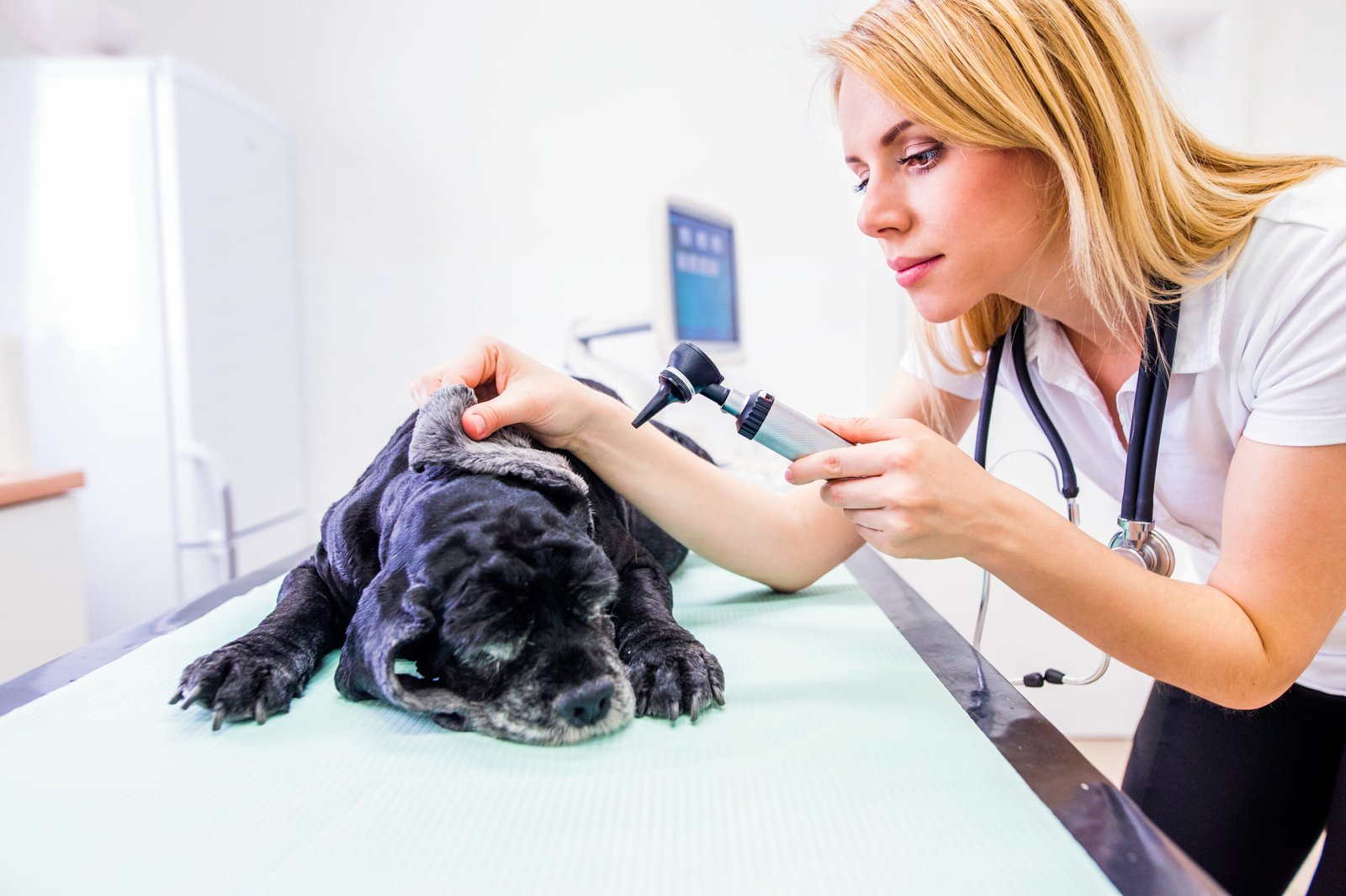Dogs are part of our families, and we want to ensure they live long, healthy lives. One way to achieve this is by providing them with a balanced diet that meets their nutritional needs. In this article, we will discuss everything you need to know about feeding your dog the best food for their needs.
Introduction to Dog Nutrition
A dog’s dietary requirements vary depending on factors such as age, breed, activity level, and overall health status. It’s essential to understand what your dog needs to thrive and then provide them with a well-balanced diet that satisfies those needs. A good quality dog food should contain protein, fat, carbohydrates, vitamins, and minerals in the right proportions to maintain your dog’s overall health.

Understanding Your Dog’s Dietary Needs
When choosing a dog food, consider your dog’s life stage, whether they have any medical conditions or allergies, and their activity level. Puppies require more calories and protein than adult dogs to support their growth and development. Senior dogs may need fewer calories and more fiber to prevent weight gain and constipation. Dogs with certain health issues like kidney disease or arthritis may benefit from specialized diets that address their specific needs.
Choosing the Best Food for Your Dog
With so many different types of dog food available, it can be overwhelming to choose the best one for your furry friend. Look for a reputable brand that uses high-quality ingredients and has been formulated to meet your dog’s specific needs. Avoid cheap brands that use low-quality ingredients and fillers, which can cause digestive problems and other health issues. If possible, consult with your veterinarian before making changes to your dog’s diet.
The Importance of Regular Checkups

Regular checkups with your vet are crucial to ensuring your dog remains healthy. During these visits, your vet will examine your dog and recommend any necessary tests or vaccines. They will also monitor your dog’s weight and advise you on how much and how often to feed them based on their individual needs.
Grooming Your Dog for Good Health
In addition to proper nutrition, regular grooming is essential for your dog’s overall health. Brushing their teeth daily helps prevent dental problems, while bathing and trimming their nails keeps them clean and comfortable. Regular exercise also plays an important role in keeping your dog fit and happy.
Common Dog Health Issues and How to Prevent Them
Some common dog health issues include obesity, ear infections, skin allergies, and joint pain. To prevent these issues, make sure your dog receives regular exercise, eats a balanced diet, and gets plenty of fresh water. Additionally, keep up with routine vet appointments and follow your vet’s advice regarding preventative measures like heartworm medication and flea/tick control.
Feeding Schedule and Portion Sizes
It’s essential to establish a consistent feeding schedule and portion sizes to avoid overfeeding or underfeeding your dog. Generally, adult dogs require two meals per day, whereas puppies may need three or four smaller meals. Follow the guidelines provided by the manufacturer and adjust accordingly based on your dog’s size, activity level, and metabolism.
Supplements and Treats: When to Give and When to Avoid
While supplements and treats can enhance your dog’s diet, it’s essential not to overdo it. Provide your dog with supplements only when recommended by your vet, and limit treats to no more than 10% of their total daily intake. Also, avoid giving your dog table scraps or human food unless specifically approved by your vet.
Conclusion: Ensuring Your Dog’s Optimal Health
By following these tips, you can help ensure your dog enjoys optimal health throughout their lifetime. Remember, a balanced diet combined with regular exercise, grooming, and veterinary care is key to keeping your furry family member happy and healthy.

